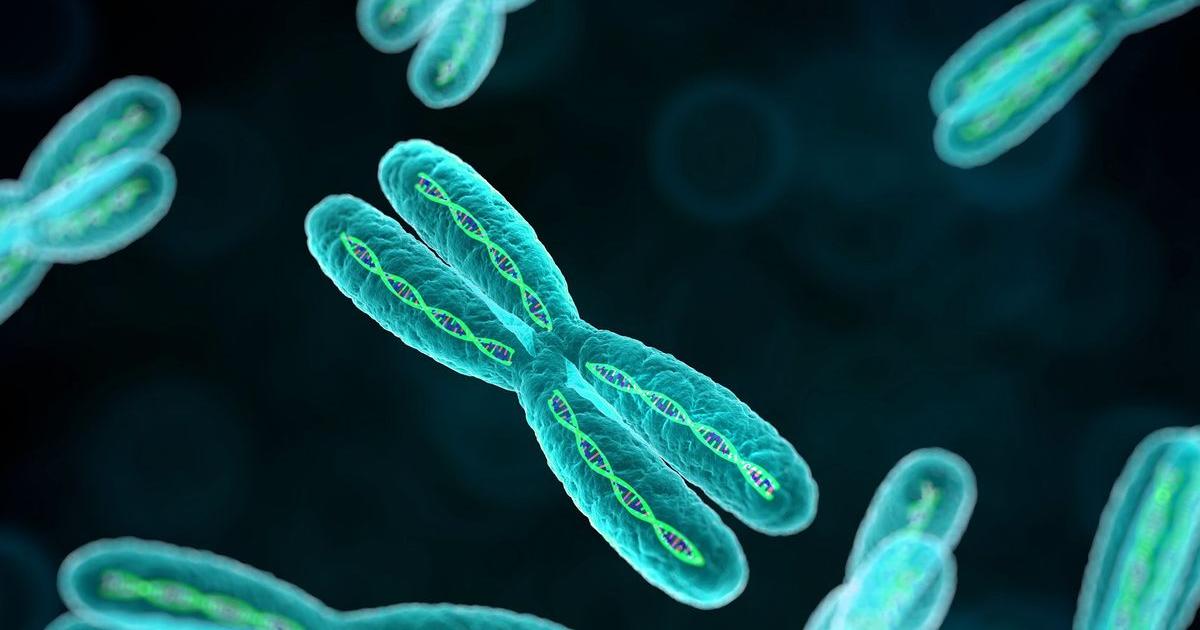Serious Causes And Risk Factors Of Pancreatic Cancer
Pancreatic cancer is a form of cancer where the malignancy initially develops in the pancreas, the organ responsible for the production of certain gastric enzymes and hormones that control blood sugar. The pancreas is located in the upper abdomen and sits just behind the stomach. Symptoms of pancreatic cancer include fatigue, jaundice, upper abdominal pain, appetite loss, weight loss, new-onset diabetes, and blood clots. A pancreatic cancer diagnosis is made with the help of CT scans, PET scans, MRIs, endoscopic ultrasound, pancreatic tissue biopsy, and blood tests. Treatment options for pancreatic cancer depend on the location of the malignancy, how advanced the cancer is, and the patient's current health status. Treatment may include tumor excision surgery, radiation therapy, chemotherapy, and or palliative care.
Pancreatic cancer has several causes, and numerous factors can increase an individual's risk of developing it. Learn about them now.
Genetics

An individual with certain genetics is at a higher risk of developing pancreatic cancer at some point in their life than someone who does not have these predisposing genetic factors. An inherited gene mutation is responsible for approximately ten percent of all cases of pancreatic cancer. The mutations known to increase an individual's risk of developing pancreatic cancer include PRSS1 gene mutations, NF1 gene mutations, BRCA2 gene mutations, and p16 gene mutations. There are also certain syndromes an individual can inherit from their parents that increase their risk of developing pancreatic cancer. Lynch syndrome is a hereditary disorder that increases an individual's chance of developing numerous types of cancer due to a mismatched repair gene. Peutz-Jeghers syndrome is an inherited disorder that causes the development of benign growths in the intestinal tract and increases the risk of developing certain types of cancers. Von Hippel-Lindau syndrome is an inherited genetic disorder that causes the abnormal growth of hemangioblastomas in various organs around the body and increases the chance of developing several types of cancer. MEN1 syndrome is a genetic disorder that increases an individual's risk of developing a malignant islet cell tumor.
Read more about the causes and risk factors linked to pancreatic cancer now.
Toxins In The Environment

Individuals who have repeated and long term exposure to certain toxins in the environment are at an increased risk of developing pancreatic cancer. This risk factor is most often related to the toxins present at the worksite of an affected individual. Mutagenic nitrosamines are chemical compounds commonly utilized in the manufacturing of pesticides, cosmetics, rubber goods, and latex goods. Mutagenic nitrosamines are also used in the preparation of beer, fish byproducts, fish, cheese, and meat products. These chemical compounds cause the mutation of DNA and are considered to be carcinogens. Organ-chlorinated compounds are organic compounds with at least one bonded chlorine atom that influences the behavior of the molecule to which it is bonded. Individuals who have an occupation involving the production of vinyl chloride and products that utilize solvents such as dichloromethane, trichloroethane, chloroform, and dichloroethane in the manufacturing process are at a higher risk of developing pancreatic cancer. Individuals who were exposed in their occupation to certain heavy metals such as arsenic, cadmium, lead, and nickel are at an increased risk of developing pancreatic cancer.
Uncover more causes and risk factors of pancreatic cancer now.
